The UK's NHS COVID-19 app has been useful in reducing infections in England and Wales, the government claims, with an estimated 600,000 cases thwarted by the iPhone app.
Launched in September 2020, the NHS COVID-19 app using the Apple-Google API for exposure notifications has been a key tool in fighting the coronavirus, the UK government has claimed. Since its introduction, the app has helped notify the public quickly in cases where they have to isolate themselves.
The app has been downloaded a total of 21.63 million times across iOS and Android, data reveals, and it was the second most-downloaded free app in the App Store in 2020. The high download rate represents 56% of the eligible population in England and Wales with a smartphone.
Since its launch, the app has informed over 1.7 million people to isolate, after the detection of close contact with someone who later tested positive. Approximately 600,000 cases were said to have been prevented due to the app's presence.
The alerts to isolate have also been rapid, with reports of them arriving with affected individuals just 15 minutes after another user enters a positive result into the app.
Research from the Alan Turing Institute and Oxford University indicates that for every 1% increase in app users, the number of coronavirus cases in the population can be reduced by 2.3%.
"The NHS COVID-19 app is an important tool in our pandemic response," said Health and Social Care Secretary Matt Hancock. "We know it has instructed hundreds of thousands of at-risk people to self-isolate since it launched in September - including me - and this analysis shows it has been hugely effective at breaking chains of transmission."
Over 3.1 million test results have been entered into the app so far, with over 800,000 listed as positive. It has also been used to check in to a venue over 103 million times, helping to identify 253 venues as "at risk" of an outbreak.
While the app largely applies to England and Wales, it is also interoperable with counterparts covering Scotland, Northern Ireland, Jersey, and Gibraltar.
The app could have been released by the government sooner, but it had significant teething problems when it was testing a version of the app that didn't use the Apple-Google system. Poor results led to the NHS team to reconsider and to adopt the tech giants' API.
According to WHO figures, the UK had 3.9 million confirmed cases from January 3 until February 9, linked to over 112,000 deaths/
 Malcolm Owen
Malcolm Owen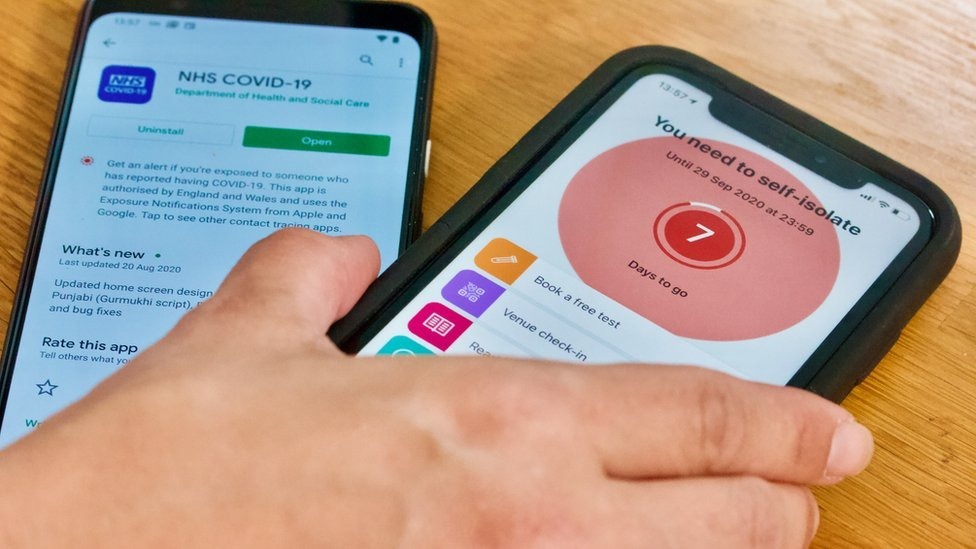


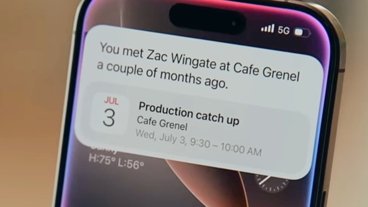
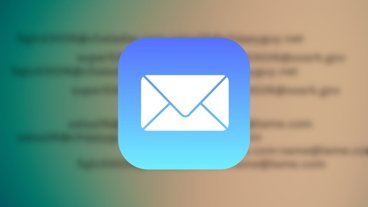
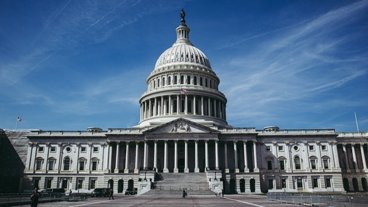


-m.jpg)





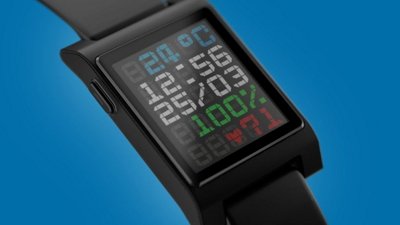
 Andrew Orr
Andrew Orr
 Amber Neely
Amber Neely
 Christine McKee
Christine McKee


 William Gallagher
William Gallagher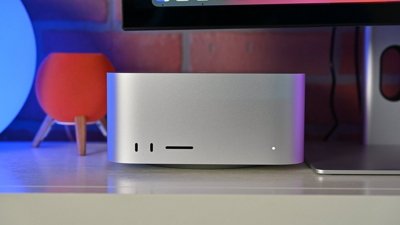
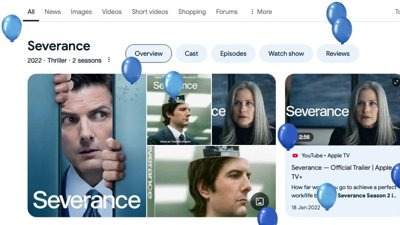

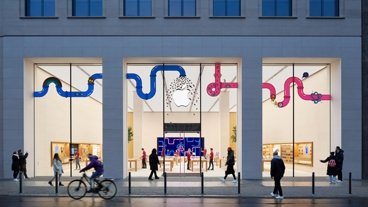
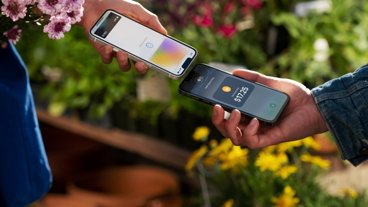







14 Comments
I can't put this any more diplomatically: I call bullsh*t.
There is no way to know that the app "prevented" infections. What it did was notify people that they may have been "close" to someone who tested positive. Was that helpful? Possibly. How many of the notified users subsequently tested positive? How does the app define close contact? The other feature relates to checking-in to venues that are ID'd as "high risk." There are so many factors and questions here. What if people who install the app are more prone to embrace a false sense of security, thereby engaging in public more? What if people who test positive are less likely to download the app? Not only can we not say the app "prevented" infections, we can't even prove it's been beneficial. Common sense would dictate that it is. But that's not evidence.
At our company when an internal improvement project is proposed, in order to get the money to do it we have to justify how much money it will save. And believe me, many have found creative ways to arrive at savings numbers based upon assumption on top of assumption. It all looks legit. Spreadsheets, numbers, selected facts and data. And yet the result is entirely manufactured to arrive at the presumptive conclusion. Beware reports like this.